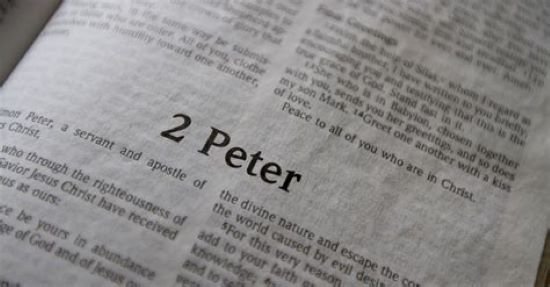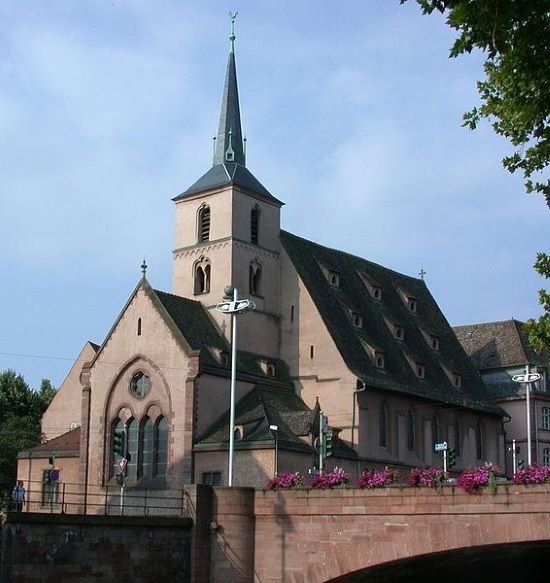Elements and Circumstances [1]
The Reformed divide liturgical practice into two categories: elements and circumstances. Elements are limited to what Scripture authorizes (either by command or good and necessary inference) along the line of Acts 2:42, while circumstances refer to how we put elements into practice. Circumstances are matters left to our judgment and discretion, but remaining within the general bounds of God’s word.
Elements are a distinct and usually ordinary act of worship (e.g., prayer, Scripture reading, the preaching of word, the administration of sacraments, etc.). Circumstances pertain to practices not unique to religious worship, but common to “human actions and societies” (WCF 1.6). Circumstances refer to matters such as where and when to meet, how many hymns should be sung, how the church furniture should be arranged, etc. Circumstances are not indifferent nor ungoverned, but are regulated by the light of nature, Christian prudence, and the general rules of Scripture (WCF 1.6). For example, we can choose what times to meet on Sunday, but we cannot move our Lord’s Day worship to another day of the week.
As the Reformed liturgical traditions took shape (the elements), there were wide variations in circumstantial practice. The various church orders (the constitutional documents of the churches) often developed along national/local lines. Most liturgies were full services, while others were partial liturgies or set forth guidelines for parts of the service—i.e., John Knox’s Practice of the Lord’s Supper. And there was the collection and publication of prayers to be used in worship (i.e., Thomas Cranmer’s Collects which are found the Book of Common Prayer (BCP).
To read the rest, follow the link below
Read More











